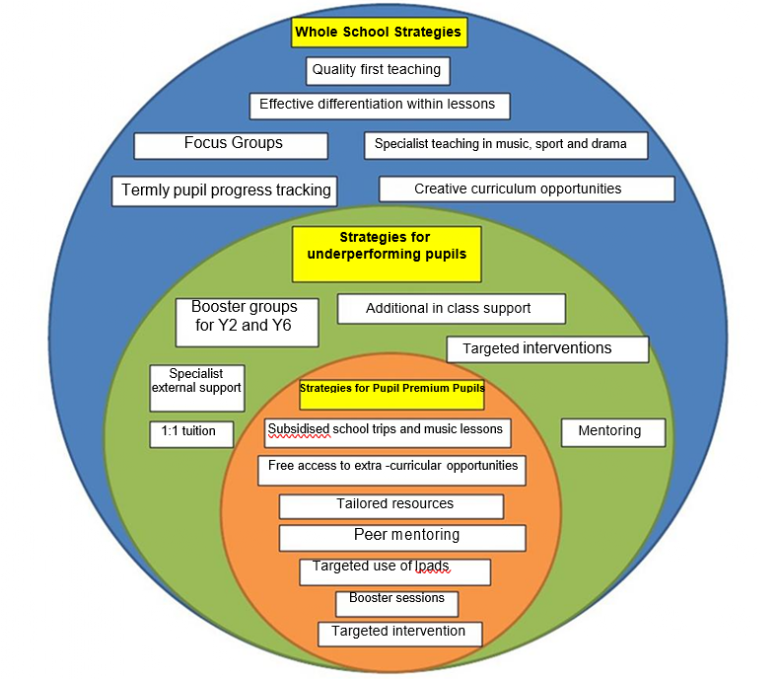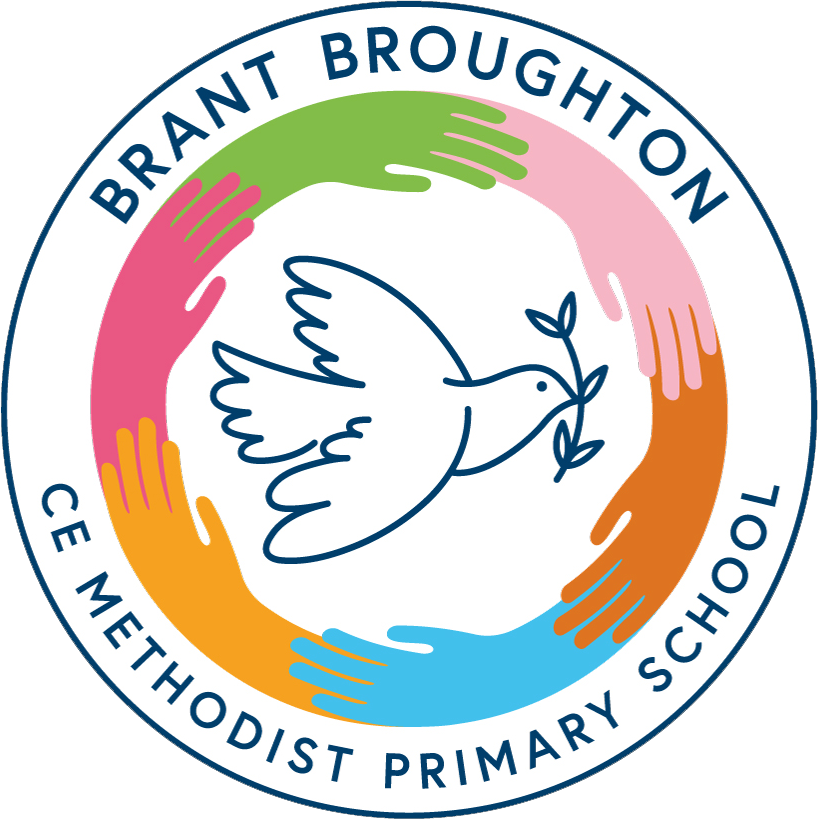Pupil Premium
Eligibility for Pupil Premium
If you think you might be eligible for free school meals, parents/carers need to follow this link: https://lcc.cloud.servelec-synergy.com/parentportal.
Purpose of Pupil Premium
The Government believes that the Pupil Premium, which is additional to main school funding, is the best way to address the current underlying inequalities between children eligible for free school meals (FSM) and their wealthier peers by ensuring that funding to tackle disadvantage reaches the pupils who need it most.
In most cases, the Pupil Premium is allocated to schools and is clearly identifiable. It is for schools to decide how the Pupil Premium, allocated to schools per FSM pupil, is spent, since they are best placed to assess what additional provision should be made for the individual pupils within their responsibility.
Key Facts
The Pupil Premium is allocated to children from low-income families who are currently known to be eligible for Free School Meals (FSM) in both mainstream and non-mainstream settings and children who have been ‘Looked After’ (LAC – Looked After Children) continuously for more than six months.
The Pupil Premium was introduced in April 2011, and paid to local authorities by means of a specific grant based on the annual January school census figures for pupils registered as eligible for FSM in reception to Year 11. For looked after children (LAC) the Pupil Premium was calculated using the Children looked after data returns.
The Pupil Premium is also paid to academies via the EFA - Education Funding Agency.
Local authorities are responsible for looked after children in care and will make payments to schools and academies where an eligible looked after child is on roll.
The Government decided that eligibility for the Pupil Premium will be extended to pupils who have been eligible for free school meals (FSM) at any point during the last 6 years.
Service Premium
A premium has also been introduced for children whose parents are currently serving in the armed forces. This service premium is designed to address the emotional and social well-being of these pupils.
What does this mean for our school?
In this school, the amount of money received through the Pupil Premium is low in comparison to most other schools as we have a much lower than average number of children who are eligible for free school meals. The amount per child is too small an amount per child to make a significant difference to an individual child across a whole school. However, as a lump sum combined with much larger sums from the main school budget we are able to provide many additional opportunities for the children. Examples of these include:
* 1:1 support for any child who is vulnerable or at risk whenever we feel it is required.
* Small group teaching for specific children on a daily or weekly basis depending on the degree of difficulty.
* ‘Interventions/catch-up' programmes.
* Special activities for any FSM child that we think will benefit
We have always had a clear commitment to supporting the individual needs of our children to ensure that they are all able to access educational opportunities both within the school day and in extra-curricular activities.
We offer a wealth of additional activities, both chargeable and free of charge, and aim to support those children who might otherwise not have been able to access the former.

19 of the school's 86 pupils in 2024 are considered for Pupil Premium, are classified as disadvantaged: 22.1% of the cohort.
This is 7.1% lower than the national average of 29.2%.
20.9% (9) of the female pupils are disadvantaged, 8.3% lower than the national of 29.2%. 23.3% (10) of the male pupils are disadvantaged, 5.9% lower than the national of 29.2%.
Disadvantaged pupils contribute £25,160 to the budget of the school in disadvantaged funding.
Our aims in using this additional funding are:
That all children, including those who are eligible for the Pupil Premium Grant (PPG) make the best possible progress they can with as much support as they need.
Funding of intervention teaching assistant time to fully support the learning and progress of eligible children as required.
That all children, including those who are eligible for the Pupil Premium Grant have the opportunity to take part in all in-school and extra-curricular activities they wish to and are not denied through an in-ability to pay.
